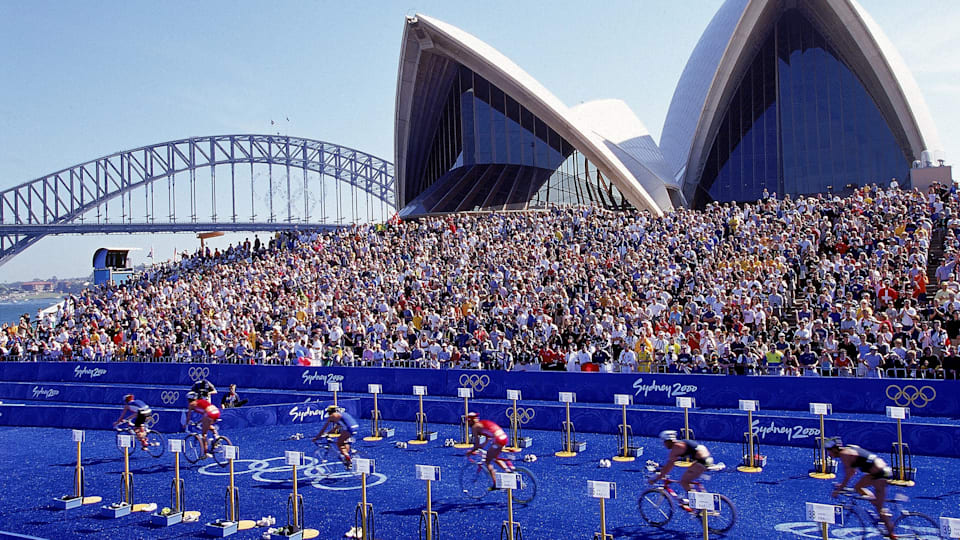International positioning of Sydney
Ahead of the Olympic Games Sydney 2000, two of the main aims of the Organising Committee were to use the event as a leveraging tool to boost Sydney’s international standing as an innovative and technologically advanced city, and to raise its status as a world-class tourism destination and business centre.

While the former is harder to quantify, the staging of the Games enabled Sydney to demonstrate that it could efficiently organise an event of such magnitude. Since 2000, it has continued to be a preferred location for the regional head offices of major global corporations.
From a business perspective, statistics have repeatedly shown that hosting the Games has yielded benefits for Sydney. The building of new hotel rooms for Olympic attendees, incentivised by Sydney City Council, increased the city’s total hotel capacity by 25 per cent. By 2003, the number of annual hotel stays in the central business district had exceeded seven million for the first time.
Even before the Games began, the Olympic Torch Relay – which reached Uluru from Greece and then travelled around Australia for 100 days – generated publicity and interest across the country. However, researchers have argued that the expected tourism benefits for Sydney after the Games did not materialise. Sydney’s share of international tourism actually fell between 2000 and 2009, with potential contributory factors ranging from the high value of the Australian dollar to the SARS outbreak in Asia and the global recession.
While the number of international visitor nights in New South Wales increased from 60.9 million in 1999 to 93.7 million in 2017, much of the surge has taken place since 2011, making it difficult to determine whether the Olympic Games Sydney 2000 have had any residual effect.